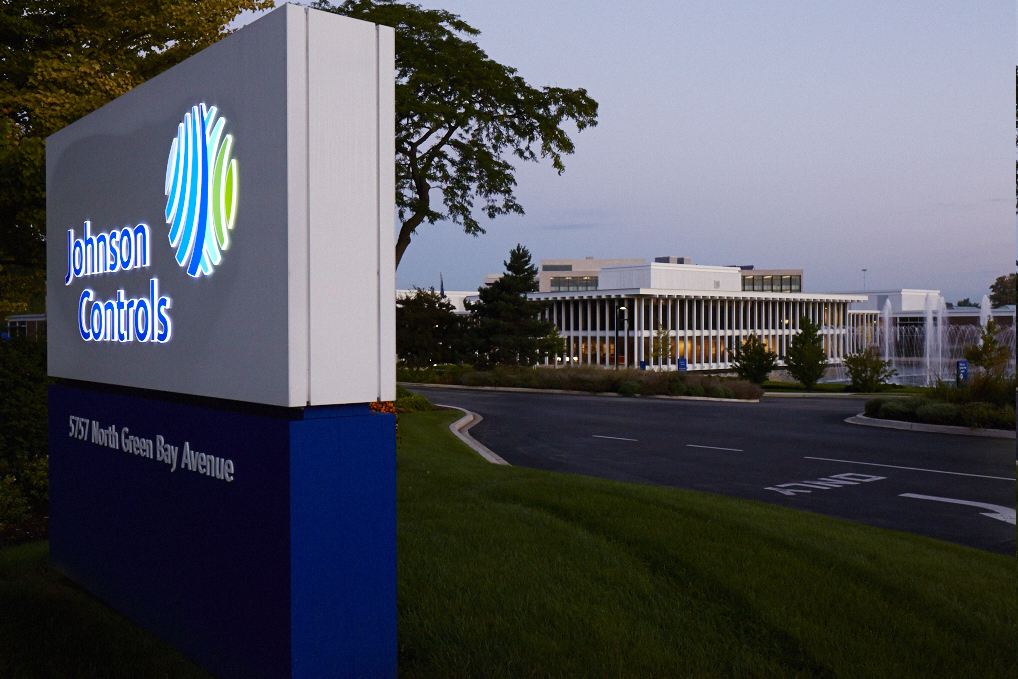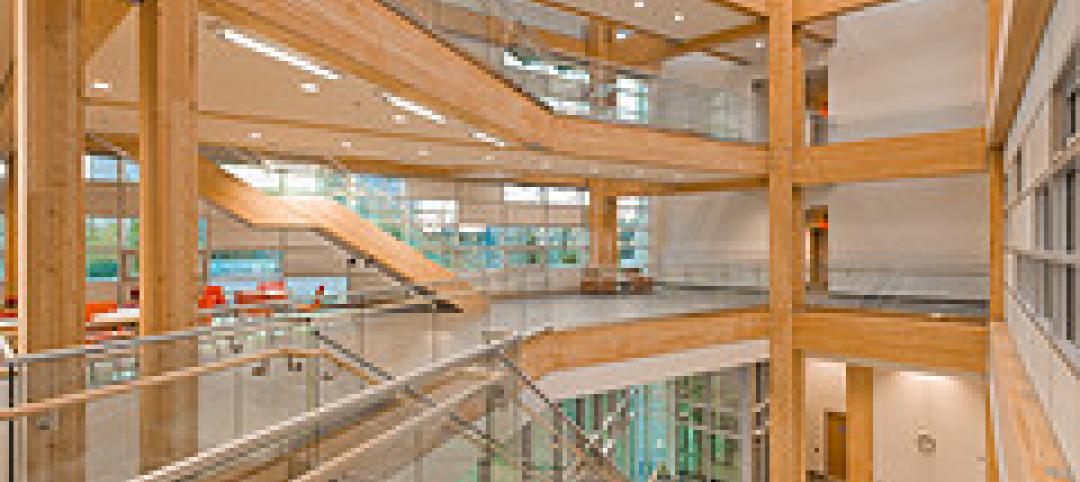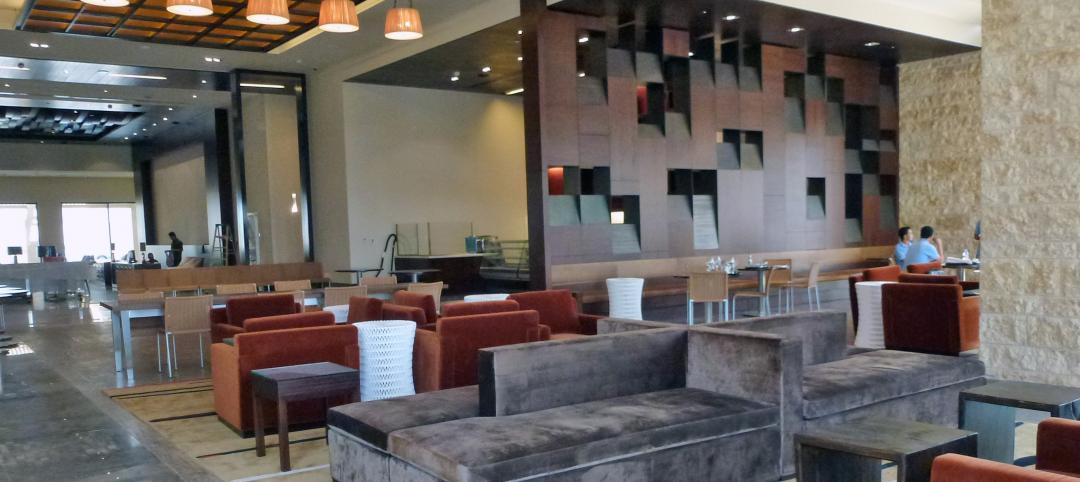Johnson Controls expects to reap at least $150 million in annual “tax synergies” as a result of its merging with Tyco International, a deal that will include Milwaukee-based Johnson Controls moving its headquarters to Tyco’s home base in Cork, Ireland.
The acquisition, valued at $20 billion, is the latest example of corporate “inversion,” where an American-based corporation seeks to significantly reduce its U.S. tax liability by moving its corporate domicile to the foreign location of the company with which it merges.
However, Johnson Controls intends to keep its operational headquarters in Wisconsin. Tyco’s U.S. headquarters is in Princeton, N.J.
The Johnson Controls-Tyco deal—a reverse takeover in which Tyco shareholders own 44% of the combined group, and Johnson shareholders own the rest and receive a $3.9 billion cash distribution—is similar to the pharma giant Pfizer’s $160 billion combining with Ireland-headquartered Allergan, a competitor, a few weeks ago.
Ireland’s corporate tax rate is under 20%, compared to a corporate tax rate in the U.S. that can be as much as 35%. Aside from its U.S. tax reduction, Johnson Controls expects this deal to reduce it operating costs by $500 million over the first three years.
According to news outlets including the Financial Times, the Tyco brand will disappear as a result of this deal. That brand was besmirched when, in 2005, its former high-flying CEO Dennis Kozlowski and its CFO were convicted of fraud and embezzling $150 million. A 2012 spinoff from the conglomerate broke the current Tyco International into three entities, the others being Pentair and ADT. Its businesses now focus on fire protection and security products.
USA Today reports that Johnson Controls still plans to spin off its remaining automotive business into an independent company called Adient next year. Johnson Controls will focus on its primary businesses, which include batteries, building products such as HVAC units under the York brand, and climate control systems.
The combined company, with annual revenue of $32 billion, will have six Johnson Controls board members and five representing Tyco. Alex Molinaroli will be chairman and CEO. George Oliver, Tyco’s current CEO, will be president and COO for 18 months, at which point Oliver will become CEO and Molinaroli executive chairman for one year. After that, Oliver assumes the chairmanship.
“The proposed combination of Johnson Controls and Tyco represents the next phase of our transformation to become a leading global multi-industrial company,” Molinaroli said in a statement.
This deal, which is expected to be completed by the end of the year, comes at a time when both companies have been struggling to bolster their stock prices, according to the Wall Street Journal. Johnson Controls’ share price has fallen by more than 20% from its recent high, while Tyco’s price has dropped by 25%. Johnson Controls shareholders will receive one share of the combined company or cash equal to $34.88 per share, the average of Johnson’s stock price over the past five trading days.
Related Stories
| Nov 22, 2011
Corporate America adopting revolutionary technology
The survey also found that by 2015, the standard of square feet allocated per employee is expected to drop from 200 to estimates ranging from 50 to 100 square feet per person dependent upon the industry sector.
| Nov 22, 2011
Report finds that L.A. lags on solar energy, offers policy solutions
Despite robust training programs, L.A. lacks solar jobs; lost opportunity for workers in high-need communities.
| Nov 22, 2011
New Green Matters Conference examines emerging issues in concrete and sustainability
High-interest topics will be covered in technical seminars, including infrared reflective coatings for heat island mitigation, innovative uses of concrete to provide cooling and stormwater management, environmental benefits of polished concrete, and advancements in functional resilience of architectural concrete.
| Nov 18, 2011
Centre for Interactive Research on Sustainability opens
Designed to exceed LEED Platinum, the Centre for Interactive Research on Sustainability (CIRS) is one of the most innovative and high performance buildings in North America today, demonstrating leading-edge green building design products, technologies, and systems.
| Nov 16, 2011
CRSI recommends return to inch-pound markings
The intention of this resolution is for all new rollings of reinforcing steel products to be marked with inch-pound bar markings no later than January 1st, 2014.
| Nov 9, 2011
American Standard Brands joins the Hospitality Sustainable Purchasing Consortium
American Standard will collaborate with other organizations to build an industry-wide sustainability performance index.
| Nov 8, 2011
WEB EXCLUSIVE: Moisture-related failures in agglomerated floor tiles
Agglomerated tiles offer an appealing appearance similar to natural stone at a lower cost. To achieve successful installations, manufacturers should provide design data for moisture-related dimensional changes, specifiers should require in-situ moisture testing similar to those used for other flooring materials, and the industry should develop standards for fabrication and installation of agglomerated tiles.
| Nov 3, 2011
GREC Architects announces opening of the Westin Abu Dhabi Golf Resort and Spa
The hotel was designed by GREC and an international team of consultants to enhance the offerings of the Abu Dhabi Golf Club without imposing upon the dramatic landscapes of the elite golf course.
| Nov 1, 2011
Holcim awards winners for North America announced
A socio-architectural project to create regional food-gathering nodes and a logistics network in Canada's high arctic territory won the top prize for North America of $100,000.
| Oct 25, 2011
Universal teams up with Earthbound Corp. to provide streamlined commercial framing solutions
The primary market for the Intact Structural Frame is light commercial buildings that are typically designed with concrete masonry walls, steel joists and steel decks.

















